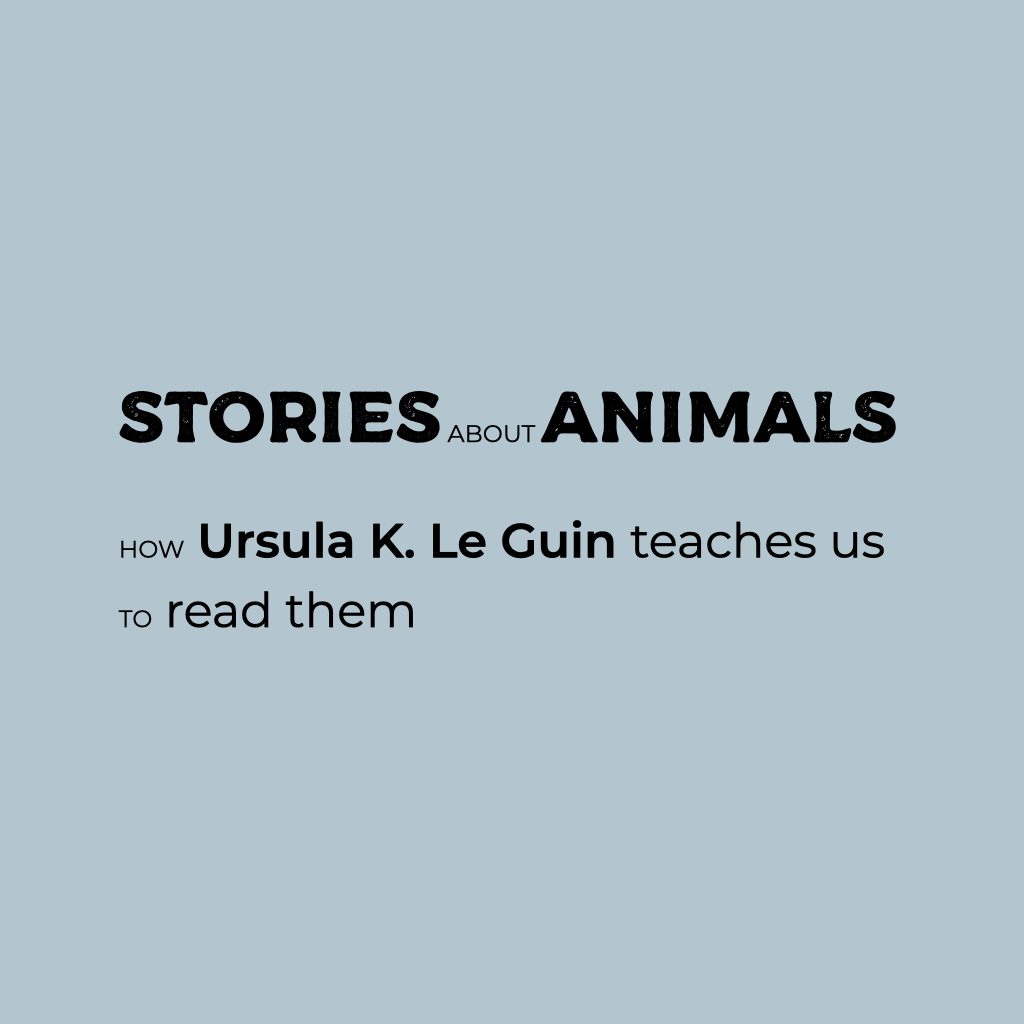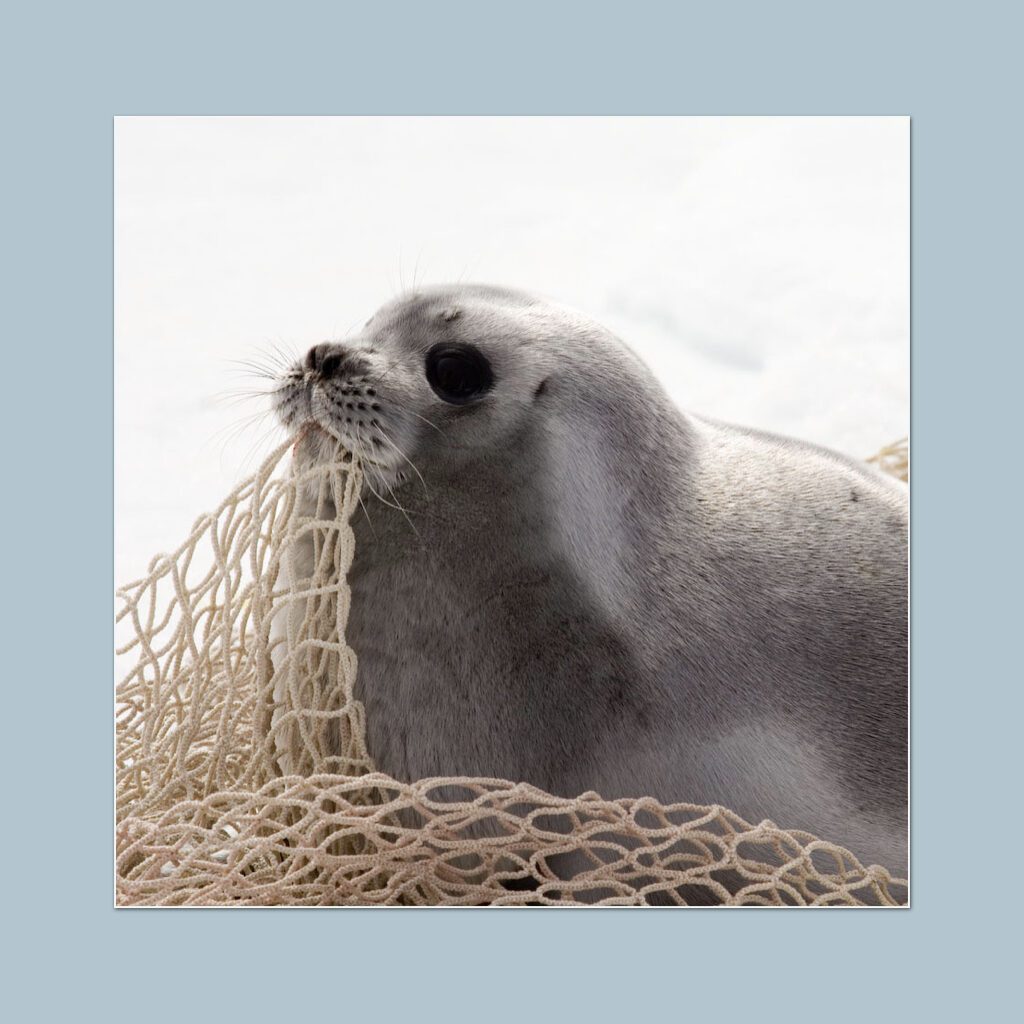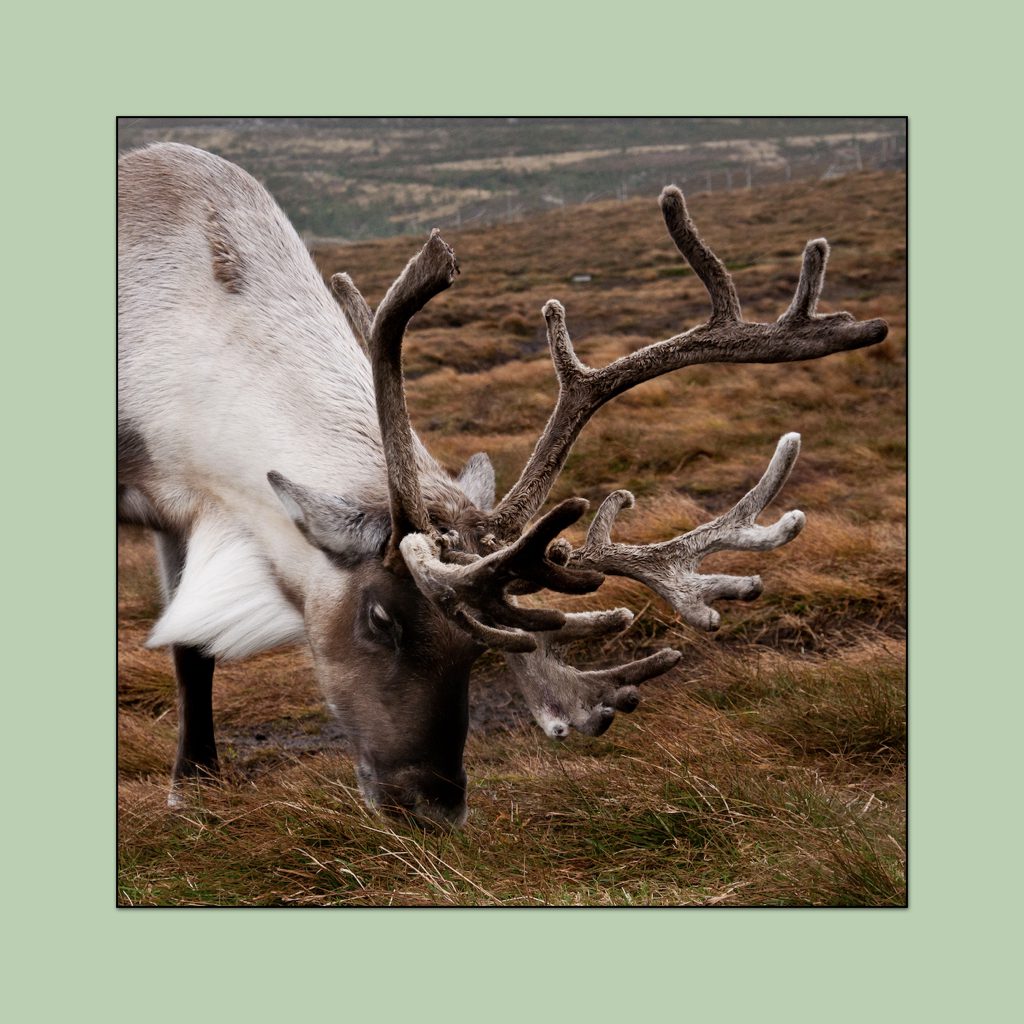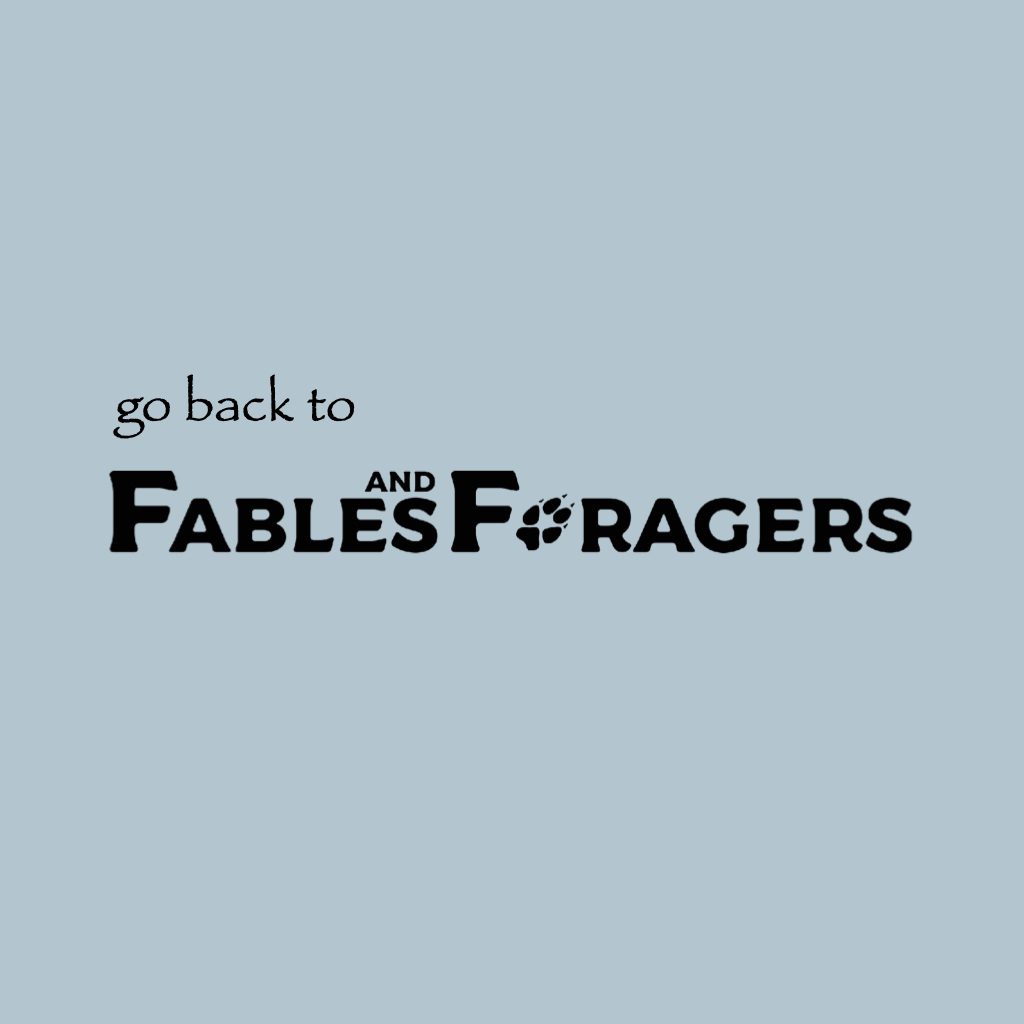In 2004, influential science fiction and fantasy writer Ursula K. Le Guin gave a speech called “Cheek By Jowl: Animals in Children’s Literature.”
It’s a wonderful work, full of insight and humor. Le Guin traces the evolving use of animal characters with dozens of specific examples.
Le Guin makes it clear that human attitudes toward nonhuman animals have changed over the past few thousand years. Maybe not for the better.
At the start of the speech, Le Guin honors the stories of our Forager ancestors. She was the child of anthropologists Alfred and Theodora Kroeber, so she knew what she was talking about.
Le Guin doesn’t get into specifics with Forager stories, but makes the essential point that their ways of talking about animals emphasize kinship between humans and nonhumans.
The written literature that emerged in the past few thousand years often reflects an abandonment of that kinship. Many humans now think of themselves as separate from the rest of nature.
Le Guin shows that some modern animal stories have traces of our ancient belief in kinship. Children gravitate toward these kinds of stories, even (especially?) if grown-ups look down on them.
If you watch the preview videos for Seven Fables, you might notice the Le Guin influence. Better yet, read or watch Le Guin’s speech for yourself. It’s wonderful.
Links
• “Cheek By Jowl” speech delivered by Le Guin herself (streaming video / free)
• Published version of the “Cheek By Jowl” speech (author website / purchase)
• Revised version, retitled “The Beast in the Book” (author website / purchase)






